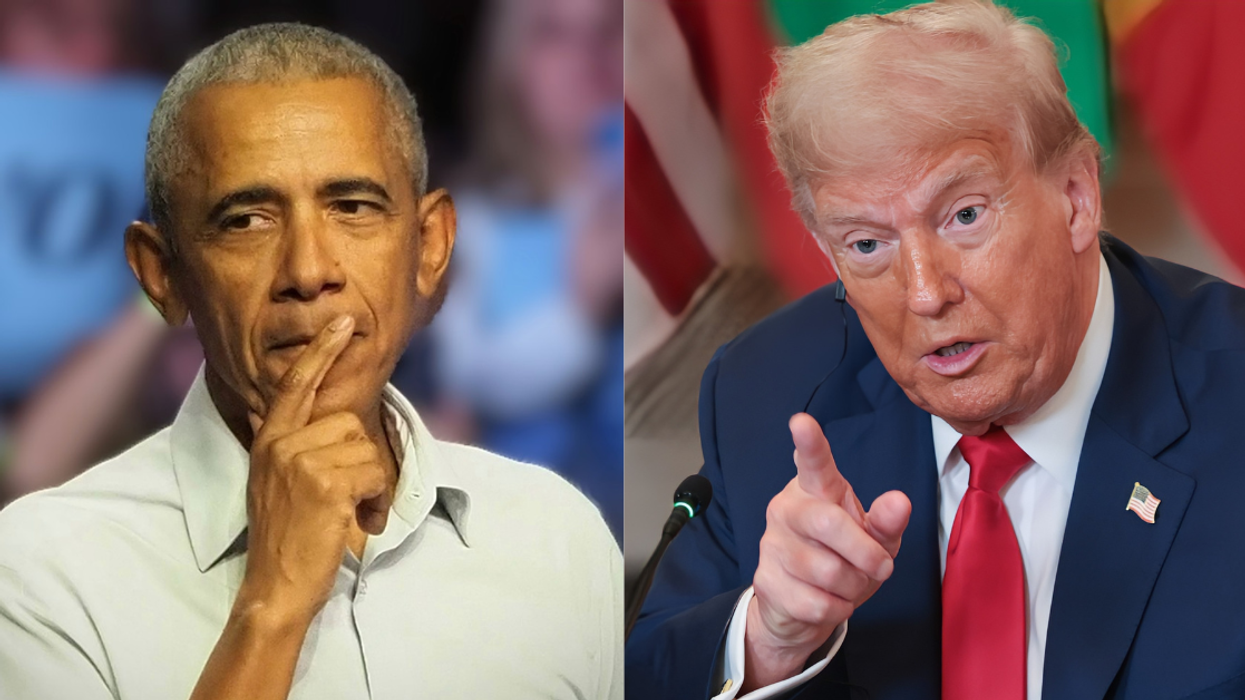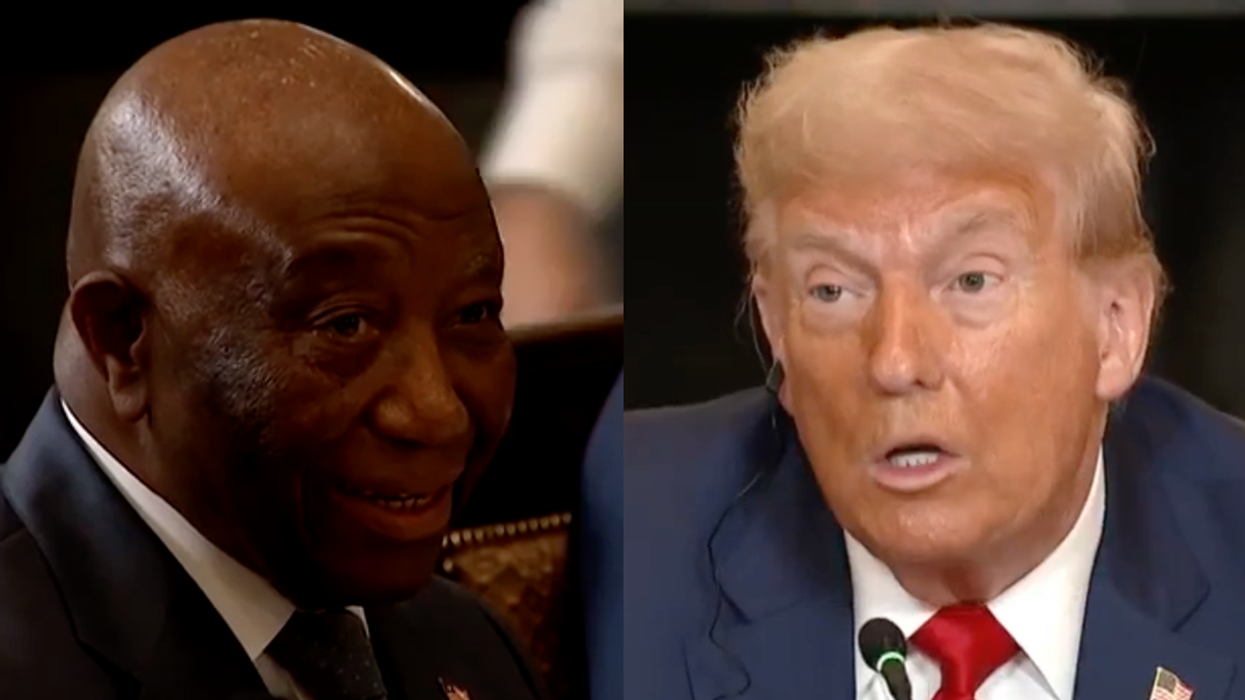Olympic gymnast Suni Lee talked about the difficulties of living with a life-changing diagnosis ahead of her participation at the 2024 Olympics.
The 20-year-old from Saint Paul, Minnesota, who is of Hmong descent and was the first Asian American to win the all-around champion title in the 2020 Summer Olympics in Tokyo, was diagnosed with an incurable kidney disease.
Lee recounted the beginnings of her non-gymnastics-related health issue with SELF magazine.
In an exclusive interview, Lee talks for the first time about her kidney disease diagnosis, her path to the 2024 Games, and the pressure to live up to her past self. https://t.co/46th6WZwfe— SELF (@SELF) 1696422148
She told the magazine that in February 2023, she woke up with swollen ankles but chalked it up to being a side effect of rigorous training as a competitive gymnast.
The next day, her entire body was swollen, including her face, hands, and legs, and it was then that she realized something was amiss.
She went to the gym not knowing what else to do and was advised by her elite coach, Jess Graba, to seek medical care. They contacted Dr. Faustin, co-head team physician for the USA Gymnastics Women’s National Team.
Faustin recalled:
“The first thought was, How do we figure out the answer, and who do we need to speak to?”
Lee tried to see if she would be limited by her abnormal physical condition, but her attempts were not promising.
“I kept peeling off the bar. I couldn’t hold on,” she recalled.
“My fingers were so swollen, and I couldn’t even do a normal kip cast to handstand on bars.”
suni lee for self magazine— carmen \ud83c\udf49 (@carmen \ud83c\udf49) 1696430117
Though doctors initially told her she may have been suffering from an allergic reaction, the swelling didn't subside even after two weeks.
Said Lee:
"I just kept getting more swollen…and I think I gained, like, 40 pounds,”
In March, Lee was forced to sit out during an away meet against Kentucky. By then she knew allergies weren't the issue but she still didn't know what was happening to her.
“It affected my whole body and how I looked and how I was feeling,” she said.
After running various tests, doctors still couldn't come up with answers.
Faustin asked Lee if doctors had conducted a urine test, which is considered routine for patients with similar symptoms.
Lee told Faustin she hadn't taken one and admitted she'd had trouble urinating for two weeks.
That was when her medical team realized Lee could be suffering from a kidney problem.
@Leishac What makes all this crazy is that if they had simply done a urinalysis in the beginning, she could have gotten answers sooner.— Amanda (@Amanda) 1696468580
After further tests and lab work, she was referred to a specialist who recommended a biopsy to examine if her kidney had signs of damage or disease.
A month later when Lee said her body didn't feel like her own, doctors advised for her to stop training and competing.
On April 3, Lee announced that she was ending her sophomore season at Auburn University due to a "non-gymnastics health-related issue involving my kidneys."
Debbie Gipson, MD, the program director in the Division of Kidney, Urologic, and Hematologic Diseases at the National Institute of Diabetes and Digestive and Kidney Diseases, shared some insight with the magazine about Lee's condition.
“When scarring [on the kidneys] occurs, it tends to become a bit of a vicious cycle," said Gipson, who isn't treating Lee.
She added:
"The body is reacting to that injury and injury begets injury."
Gipson also noted that, "as the kidneys’ filters become inflamed or damaged, it becomes harder for the organs to clear waste and excess fluid from the body."
Lee's body swelling and fatigue were likely the result of blood and protein leaking into her urine.
Now that she has answers, Lee is still understandably having a tough time accepting her new reality.
“How do I just randomly wake up one day swollen, and now I’m stuck with this condition for the rest of my life?”
She also expressed concern about her future in gymnastics while living with her diagnosis.
“I look at myself all the time in videos, and it makes me emotional because I’m just not the same athlete I was before."
In spite of everything, Lee realized that being open about her very rare diagnosis could help others.
On August 6, Lee said she was "feeling blessed & so so grateful" in an Instagram post after returning to compete in the 2023 Core Hydration Classic.
The event was the 39th edition of the U.S. Classic gymnastics competition held on August 4–6 at the Now Arena in Hoffman Estates, Illinois.
She said in the Instagram post:
"This comeback was so much more than my return to elite gymnastics."
"It was me proving to myself that I can overcome hard things, and to hopefully inspire others to never let life’s setbacks stop you from going after your dreams."
She concluded the post with optimism, saying, "See y’all in San Jose."
Lee's post was flooded with love and support.




Her inspirational message was meant not just for those facing health issues, but also for girls and women in sports, especially in the Hmong community where women are expected to take on traditional roles at home.
“That’s why I want to help pave a way for other women," she said, in the hopes that women will pursue the things in life that bring them joy and not give up on themselves.
@Leishac What a great article. She's so impressive.— GoCrazyCadillac (@GoCrazyCadillac) 1696469366
Last month, she made a triumphant comeback at the U.S. Gymnastics Championships, winning on the beam with a bronze medal.
“We didn’t think that I would be here. We didn’t know what was possible."
"We didn’t know what was wrong with me—and here I am on the big stage, competing.”
Lee said she still experiences swelling and that the medications that help manage her symptoms come with their own side effects.
“We’re just trying to adjust to it and still learning how to work through it," she said.
Nevertheless, her spirit is strong and she remains determined.
Lee concluded the SELF interview with:
“I know gymnastics is not my whole life, and it’s not going to be my whole life."
"But for right now, it is my life.”








 @allenanalysis/X
@allenanalysis/X @abscynth286/Bluesky
@abscynth286/Bluesky @steveinburnaby/Bluesky
@steveinburnaby/Bluesky





 @pinknews/TikTok
@pinknews/TikTok @pinknews/TikTok
@pinknews/TikTok @pinknews/TikTok
@pinknews/TikTok @pinknews/TikTok
@pinknews/TikTok @pinknews/TikTok
@pinknews/TikTok @pinknews/TikTok
@pinknews/TikTok @pinknews/TikTok
@pinknews/TikTok @pinknews/TikTok
@pinknews/TikTok @pinknews/TikTok
@pinknews/TikTok @pinknews/TikTok
@pinknews/TikTok @pinknews/TikTok
@pinknews/TikTok

